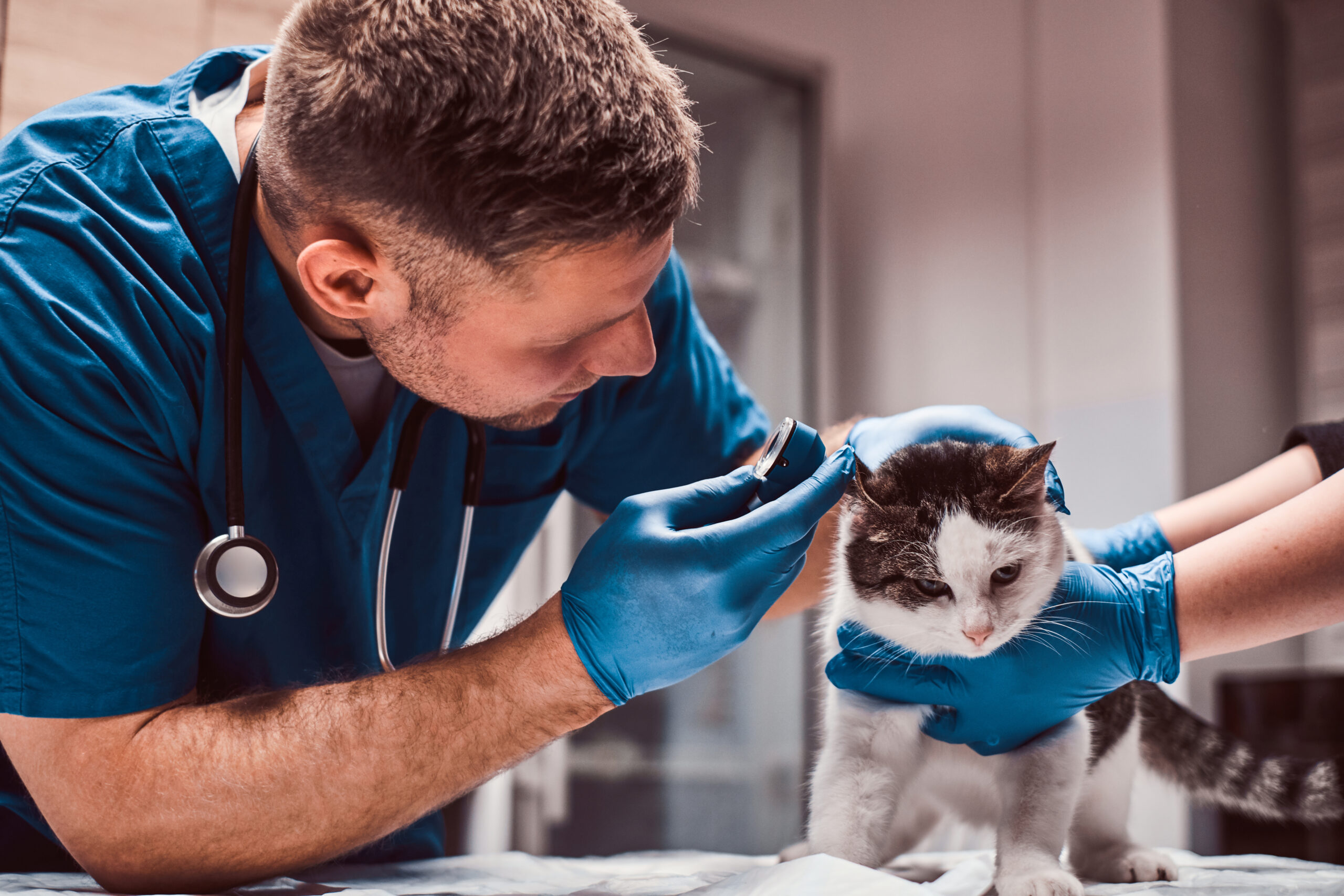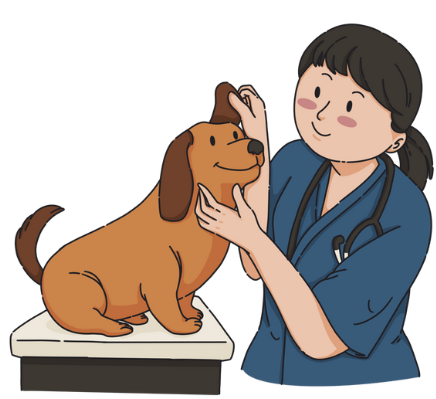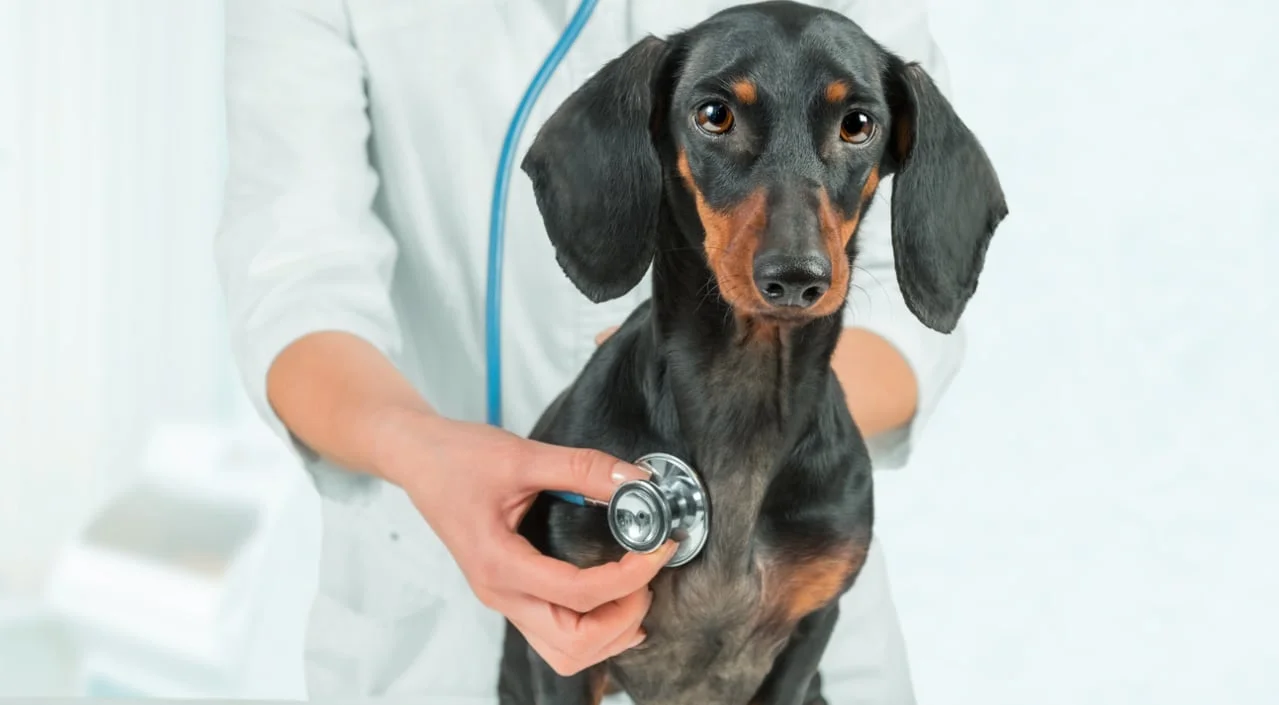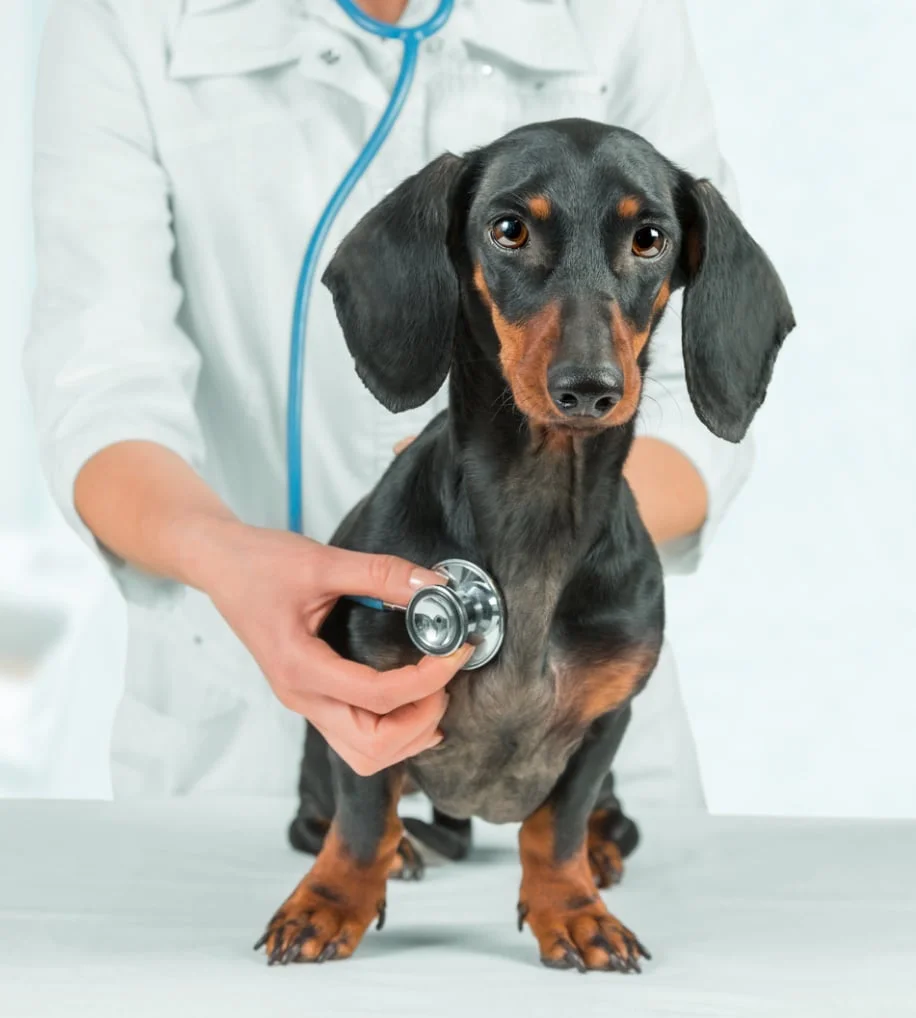As a pet owner, it’s crucial to stay on top of your pet’s health. Knowing when to visit a veterinarian in San Diego can make a significant difference in the treatment and recovery of your furry friend. Recognizing early symptoms is vital to preventing more serious health issues down the line. Humane Vet Hospital in San Diego is here to provide expert care and guide you on when to seek help from a vet in San Diego.
Common Early Symptoms in Pets You Shouldn’t Ignore
Recognizing early warning signs in your pet can help identify health issues before they become serious.
Unexplained Weight Loss or Gain
- If your pet has suddenly lost or gained weight, it may indicate an underlying health condition such as diabetes, thyroid problems, or infections.
- It’s important to track your pet’s weight regularly.
Changes in Appetite or Drinking Habits
- A sudden increase or decrease in appetite or water consumption can signal issues like kidney disease, diabetes, or dental problems.
- Monitor your pet’s eating and drinking habits.
Vomiting and Diarrhea
- Occasional vomiting or diarrhea might be normal, but persistent symptoms should never be ignored.
- These could indicate gastrointestinal issues, infections, or parasites.
Behavioral Changes to Watch Out For
Excessive Lethargy or Aggression
- If your normally playful pet becomes unusually lethargic or aggressive, it could indicate pain, discomfort, or neurological problems.
- Monitor for changes in their normal activity level.
Excessive Scratching or Licking
- Over-grooming or scratching might signal allergies, parasites, or skin infections.
- Watch for signs of hair loss or skin irritations.
Difficulty Breathing or Coughing
- Labored breathing or persistent coughing could be signs of respiratory issues such as asthma, heart disease, or pneumonia.
- If these symptoms are accompanied by wheezing or nasal discharge, seek veterinary help immediately from a trusted vet in San Diego.
The Importance of Regular Vet Check-ups
Even if your pet appears healthy, regular veterinary check-ups are essential.
Preventative Health Care
- Preventative care includes vaccinations, parasite control, and routine screenings for health issues like heart disease or cancer.
- Regular check-ups help catch early signs of illness and ensure your pet remains healthy for years.
Dental Health Matters
- Oral hygiene is often overlooked, but poor dental health can lead to heart disease, kidney issues, and infections.
- Regular dental cleanings and exams are essential for maintaining your pet’s overall health.
How to Prepare for a Veterinary Visit
When you’ve identified concerning symptoms in your pet, it’s important to be prepared for the vet visit.
Gather Important Information
- Bring your pet’s medical history, vaccination records, and details of any recent changes in behavior or diet.
- Note any symptoms you’ve observed, including their duration and intensity.
Keep Your Pet Comfortable
- Transport your pet safely and comfortably.
- Use a carrier or secure seatbelt, especially for nervous or anxious pets.
When Immediate Care is Needed
In some situations, immediate veterinary care is necessary to prevent long-term health consequences.
Signs of Poisoning
- If your pet has ingested something toxic (like chocolate, certain plants, or household chemicals), take them to a veterinarian in San Diego immediately.
- Symptoms may include drooling, vomiting, seizures, or lethargy.
Difficulty Moving or Severe Pain
- If your pet is limping or unable to move without apparent pain, they could have a fracture or serious joint issue.
- Immediate care can prevent further injury.
Severe Bleeding or Injury
- If your pet is bleeding heavily or has sustained a serious injury, seek veterinary help immediately from a reliable vet in San Diego.
- Apply pressure to the wound and keep your pet calm during transport.
How to Spot Pain in Your Pet
Pain can be subtle in animals, and it’s crucial to recognize the signs early to ensure prompt treatment. Pets may not show overt signs of discomfort, but small behavioral changes could be indicators.
Vocalization Changes
- If your pet is suddenly vocalizing more than usual, it could be a sign of pain or discomfort.
- Whining, growling, or sudden yelping can indicate injury or distress.
Changes in Posture or Movement
- Watch for limping, difficulty jumping, or changes in your pet’s usual posture.
- Cats or dogs may avoid certain movements if they are in pain.
Increased Sensitivity to Touch
- If your pet flinches or shows signs of aggression when touched, it may indicate an area of pain or injury.
- Always examine your pet carefully and gently to identify where the discomfort might be located.
The Role of Diet in Your Pet’s Health
What your pet eats plays a crucial role in maintaining their overall health. A balanced diet can help prevent a wide range of health issues, while poor nutrition may contribute to illnesses.
Choosing the Right Food for Your Pet
- Make sure to choose food that’s appropriate for your pet’s age, breed, and activity level.
- Consult with a vet in San Diego to get advice on the best food options for your pet’s specific needs.
The Importance of Hydration
- Dehydration can lead to kidney issues, urinary tract infections, and more. Ensure your pet always has access to fresh water.
- If your pet seems disinterested in drinking water, consult your veterinarian.
Watch for Food Sensitivities or Allergies
- Some pets may develop food allergies, which can manifest as skin issues, vomiting, or digestive problems.
- If your pet shows any of these signs after eating, a visit to a veterinarian in San Diego is necessary to identify the issue.
Senior Pet Care: Special Considerations for Older Animals
As pets age, their health care needs change. Older pets are more susceptible to chronic conditions and may require special care to maintain their quality of life.
Regular Health Monitoring
- Regular check-ups become even more important as pets get older. Your vet can screen for age-related issues such as arthritis, heart disease, and cognitive dysfunction.
- Be vigilant for any changes in behavior, mobility, or eating habits.
Arthritis and Mobility Issues
- Older pets often suffer from joint pain and stiffness. Signs may include difficulty standing, reluctance to climb stairs, or limping.
- Speak to your vet in San Diego about pain management and joint supplements to help improve mobility.
Cognitive Decline
- Senior pets can experience cognitive dysfunction, which may result in confusion, disorientation, and disrupted sleep patterns.
- If you notice these signs, ask your veterinarian about treatments to support brain health in older pets.
Understanding Pet Health Emergencies
Knowing when a health emergency arises is essential for quick action. Here’s a quick guide to recognizing life-threatening situations.
| Symptom | Potential Issue | Action Required |
| Unconsciousness or Seizure | Neurological disorder, poisoning | Immediate vet visit |
| Labored Breathing | Respiratory distress, heart failure | Immediate vet visit |
| Excessive Vomiting | Toxin ingestion, infections | Immediate vet visit |
| Collapse or Weakness | Shock, injury, severe infection | Immediate vet visit |
Conclusion
Taking care of your pet’s health requires attention and awareness. Early detection of symptoms is key to preventing severe health conditions. By keeping an eye on your pet’s behavior, eating habits, and overall well-being, you can help them live a long, happy life.
When in doubt, always consult with a trusted veterinarian in San Diego like Humane Vet Hospital.
 Get $20 Off
Get $20 Off








